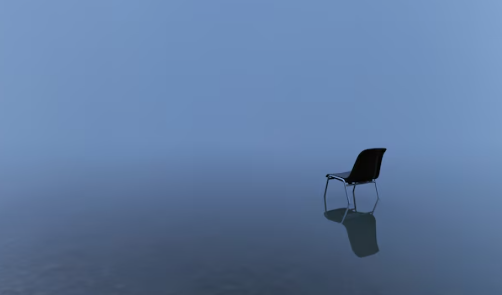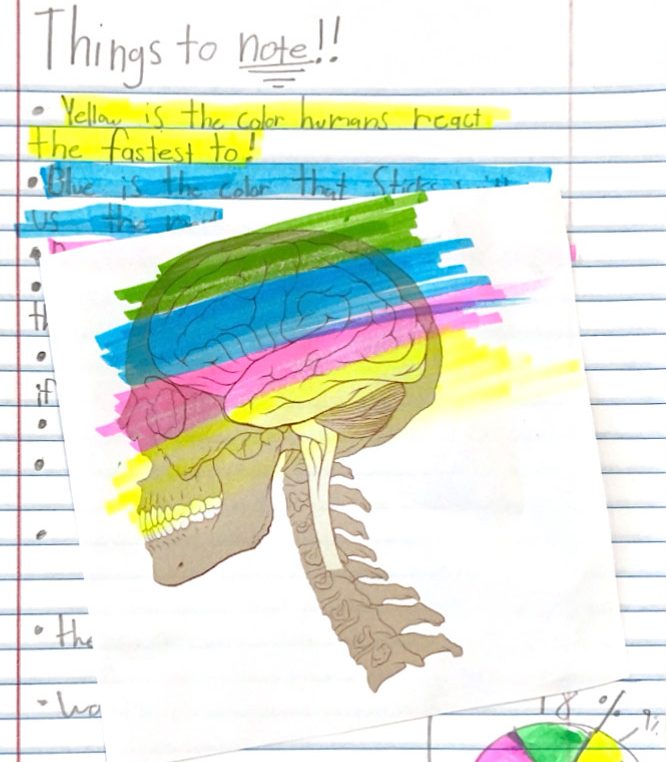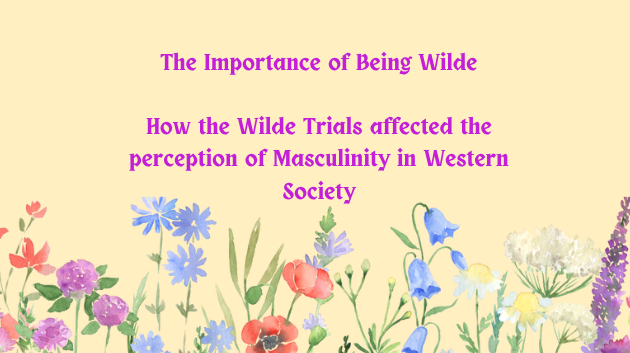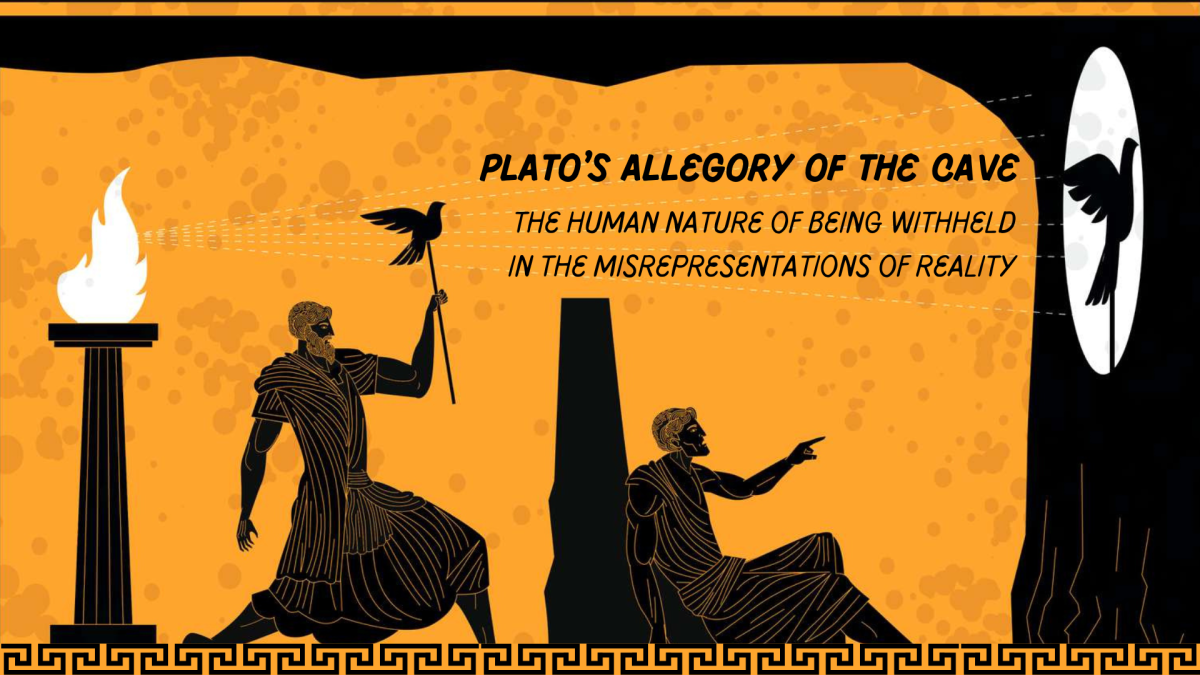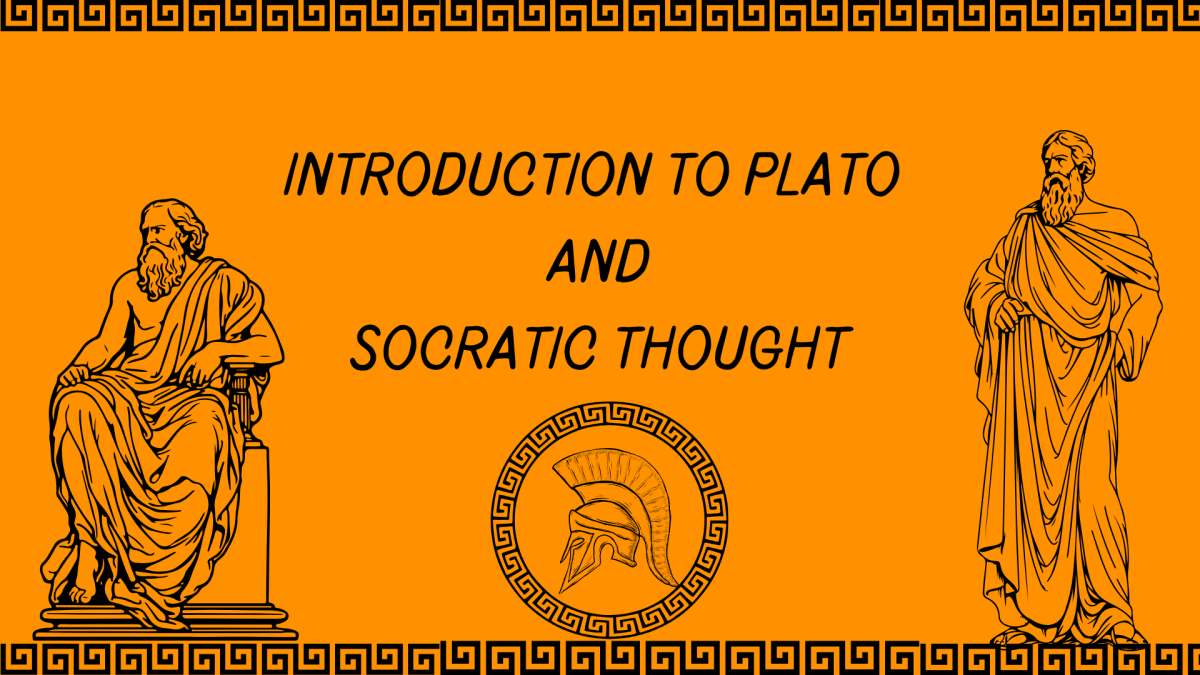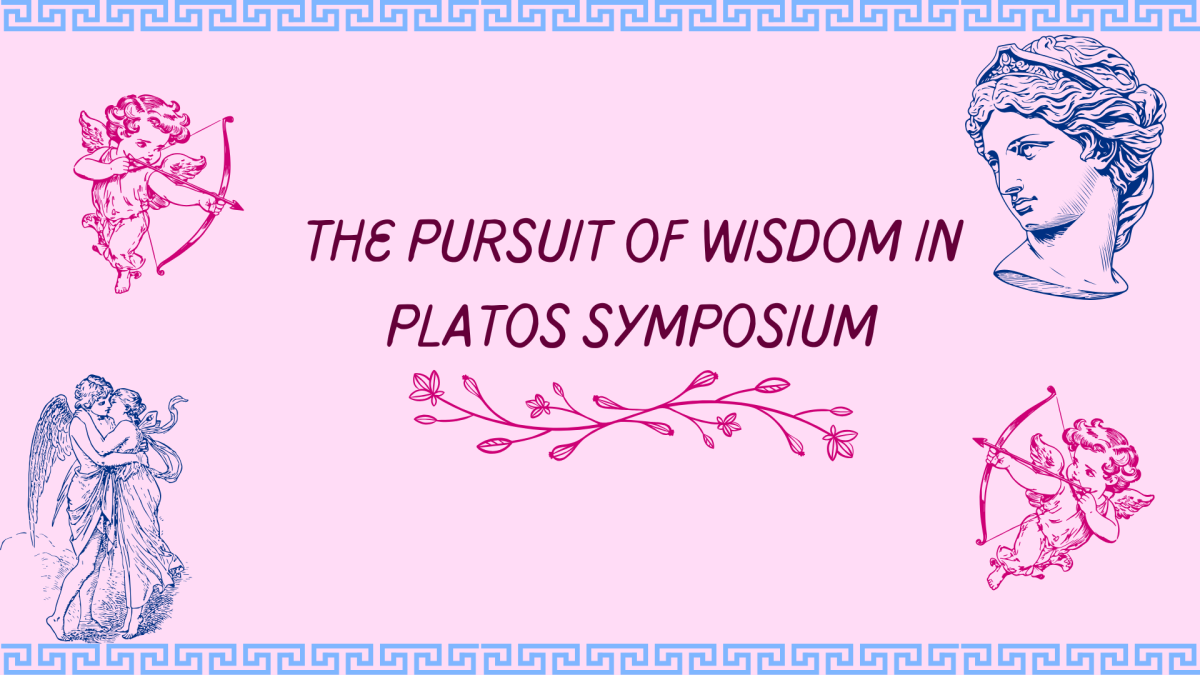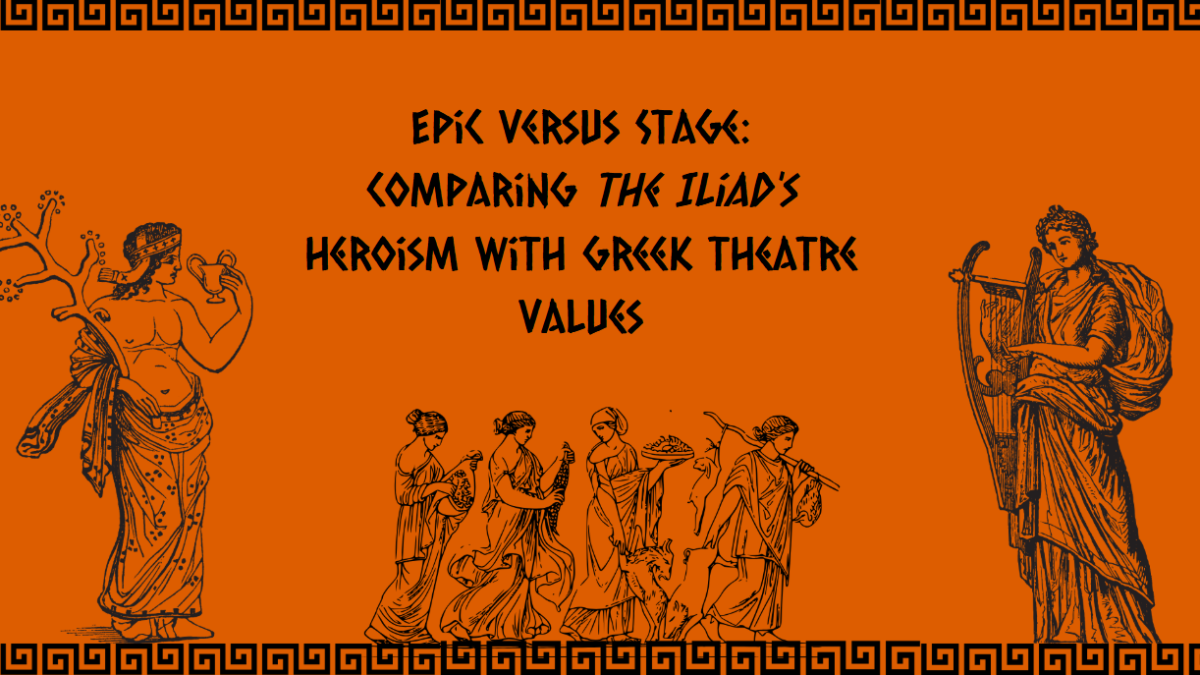Plato’s Allegory of the Cave is a dialogue between Socrates and his brother, Glaucon. The Allegory comes from his work, The Republic, a Socratic dialogue concerning justice, order, and character of a ‘just’ city-state. In this dialogue, Socrates uses a powerful metaphor for the human condition; he describes a group of people who have lived chained to the wall of a cave all their lives and cannot look towards the entrance of the cave–instead, they are forced to stare only at the back of the wall. Throughout their lives, these prisoners watch shadows projected from objects passing in front of a fire behind them. These shadows become the prisoners’ reality. Socrates explains that the philosopher has escaped from the cave and has come to understand true reality rather than the false or manufactured reality of the prisoners. However, when the escaped prisoner (the philosopher) attempts to explain reality to the prisoners, they are uninterested and have no desire to understand reality, for they know no better.

One day, however, the prisoners escape and break free from the chains that bind them–and they discover the sun. They realize it is the fire that mankind cannot see. Like the projections from the fire that cast light on the cave walls, it is the human condition to be bound to the impressions we receive through our senses, even if these interpretations are absurd misrepresentations of reality. If we somehow escape from our shackles, we will find a world we cannot understand, as the sun is incomprehensible for someone who has never seen it.
Plato uses the metaphor of the prisoners in the cave to represent ignorance. He regards the predicament as bad as he would regard imprisonment–more like death–but even if this work is fictional, how much does it reflect on our world? Rather than denying Plato’s claim that these prisoners are like us, let’s consider ignorance. No one is born educated, and every educated person has moments of ignorance. In these times of ignorance, we can pinpoint our own lack of knowledge. In this common instance, all we lack is more information. Should the question make itself known, based on what you already know, you could search for and find what sort of fact will constitute the answer.

The prisoners in Plato’s Cave do not know what they do not know; they do not even know that they do not know. They dwell in ignorance but cannot recognize it. Ignorance is thus a predicament, a trap that is not comprehended by those who are caught in it and dwell there. However, as readers, we are encouraged to travel away from ignorance and question our beliefs.

